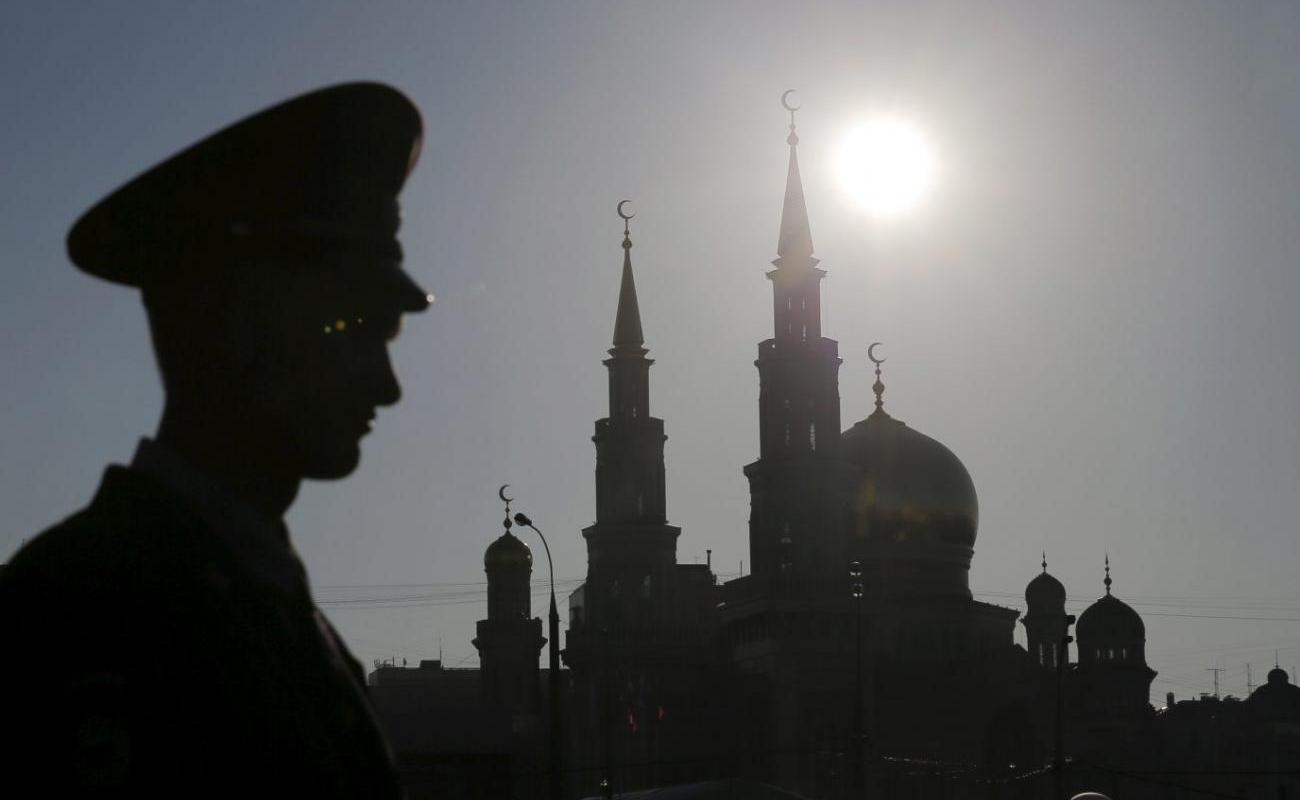Russia’s State-Sanctioned Bigotry Comes With Costs

Russia is short of men. It is a longstanding and profound demographic problem worsened by the war in Ukraine. With births falling and the average age rising, the effects are now rippling through the country and causing serious issues for Vladimir Putin’s regime.
Firstly, there is a shortage of soldiers. This is compounded by the Russian army’s devil-may-care approach to casualties, which requires a constant flow of new fighting men. To keep up with battlefield casualties, the Kremlin uses every trick in its playbook.
According to the reports of human rights activists, the army, and the private military company Redut, affiliated with the Ministry of Defense, are constantly emptying the prisons by treating convicts as forced recruits. Mercenary leader Yevgeny Prigozhin may be dead and buried, but his brutal know-how in turning inmates into cannon fodder is very much in demand.
And yet, it’s still not enough. So the authorities turned to migrants to fill the gap by recruiting contractors to their ranks, at first aggressively and now forcibly. In October, Russian police raided a mosque in the Moscow suburb of Kotelniki, frequented by migrants from Central Asia, and many young men were detained.
It’s not the mosque’s first raid this year, but this time the detained were taken straight to the military commissariat where they were given a choice — either to sign a one-year contract and join the army’s “special military operation” in Ukraine, or go to prison.
For years, the Kremlin has sought to recruit migrants in big numbers to work in the construction industry, factories, and department stores. Since the beginning of the full-scale invasion, the Kremlin has adopted the same approach to make up for the shortages in soldiers by recruiting Central Asian migrants in exchange for citizenship. In May, Putin signed an order to simplify the naturalization process for foreigners joining the army and for their spouses, children, and parents.
But the decision to rely more and more on migrants has a flip side. According to statistics, even before the war, around 50% of the new Russian citizens came from Central Asia and South Caucasus.
That influx caused visible discontent among the native Russian population. Well aware of this, the Kremlin seeks to channel such sentiment to its own advantage. The authorities have already launched a transparently xenophobic campaign, whipping up accusations that violent, criminal migrants are preying on the local population.
The language the law enforcement agencies and pro-Kremlin media use is marked by an increasing level of intolerance, if not enmity, to those who came to Russia from Central Asia and the South Caucasus. The Investigative Committee’s reports about a series of fights between Russian and Central Asian teenagers in the Volga city of Samara call the incidents “illegal actions of migrants” even though the official investigation has only just started.
